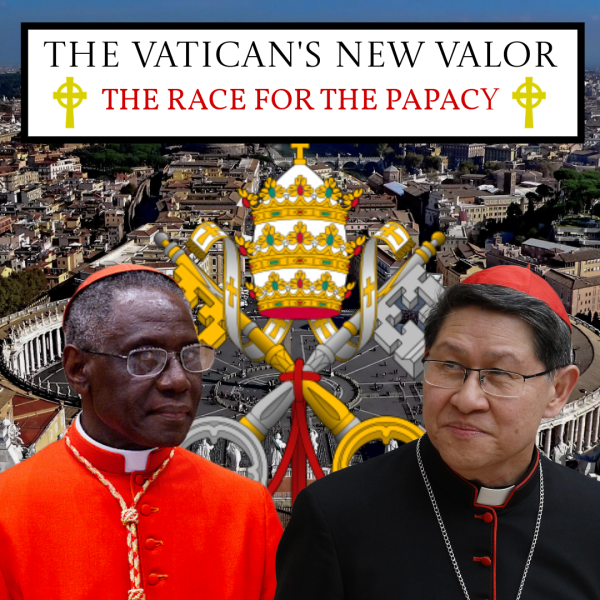Religious Tolerance
Religion is an influential force in modern society and the world as a whole. It motivates people to carry out positive acts with the potential to have a constructive, useful impact on other humans, the civilization in which they live, or even within themselves. While religion is capable of creating beneficial results from even some of the more… colorful… people, saying religion is without fault would be an obvious lie. What can only be defined as evil behavior is practiced just as often as the respectable actions. The problem with religion is everyone believes theirs is most righteous and without blunder. Naturally, people go to great lengths to prove the superiority of what they accept as true. They do not seem to hold any care for the consequences, unacceptable events, feelings, or the controversy that occurs. If the previously stated issues are to be stopped, religious tolerance is a necessary step that everyone must take.
Should a person wish to follow their own religious beliefs and enjoy the freedoms of choosing their own religion, as long as they cause no harm to others, without discrimination or oppression, they should be accepted. What reactions people have to others shall, truly, be based off the answer to one question: is damage being caused to another person? If the answer is no, is any harm really being done? Whatever religion one believes should not be forced upon other people. Whoever has done wrong in the other’s eyes is not to be segregated from the world, simply because they view life differently, with a contrasting set of morals. No justification exists for treating another human as anything less than that. Many conflicts could be avoided if only people were to follow this way of thinking and aid in creating a better, impartial culture.
Religion inspires some to help others in a more positive way, such as giving to the poor and needy. Imagine the wondrous differences that could be made if people of all religions were to combine forces and work together in the task of forming a more excellent, superior place to live. In doing so, a sense of peacefulness, acceptance, and security would be felt all over the world. Groups of people currently experiencing conflicts would no longer be in constant debate and war with one another. Inhabitants of this earth would be more relaxed with the knowledge that they will no longer be victimized by those who feel they hold dominance. Religiously motivated mass murders and genocides (e.g. the 9/11 attacks on New York City and Washington DC, wars in Sudan, the Middle East, and Philippines) would cease to exist.
When people hear someone believes in “religious tolerance”, they often jump to the conclusion of that person thinking all religions are equally true, valid, and beneficial to culture. While said definition is not entirely false, religious tolerance is more than believing all religions hold true or not at all. In order for this resilience to be accepted, one must first understand what, exactly, religious tolerance is. For many, tolerance is nothing more than allowing others to believe whatever they wish as long as no harm is being made. To others, tolerance is holding all religions at the same level of importance; all religions affect this world in some way and, therefore, should be treated with the same respect. The length of religious tolerance stays on a personal basis and cannot be forced into an all encompassing box.. Truly, what matters, is that the violence and inequity stops. Holding one theological belief above another is fine, as long as doing so is not hurting another in any physical or mental way.
Religion has been made into such a monumental part of people’s lives, so much that going without agreeing to some form of spiritual practice and worshiping a higher power of any kind seems impossible. Believing or not believing in a greater authority is completely up to the person deciding what they think is true. Whether they find faith in a religion or none at all should be irrelevant to everyone but the one figuring out their place in the world. Religion is a beautiful practice, with the ability to generate unselfish love in some people, and ruthless, raw hatred in others. Hopefully, with time, more and more people will begin to see that acceptance of everyone, despite their differences, is truly the only spiritual way of living in this world.






Jeremy Aleshire • Oct 2, 2015 at 1:18 pm
Jesus Christ put it best when he said John 13:34-35New International Version (NIV)
34 “A new command I give you: Love one another. As I have loved you, so you must love one another. 35 By this everyone will know that you are my disciples, if you love one another.”
If we can all figure out how to do this then the world will be a better place. I respect all views and try my best to love everyone but as a Christian I am far from perfect…
Catarina Awad • Aug 21, 2015 at 7:10 pm
You did a great job at explaining religion can be both helpful or harmful to those around us. Respect and acceptance are vital for humanity to coexist regardless of the differences.